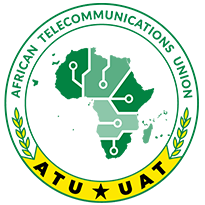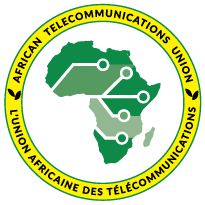The GSMA represents the interests of mobile operators worldwide, uniting more than 750 operators with almost 400 companies in the broader mobile ecosystem, including handset and device makers, software companies, equipment providers and internet companies, as well as organisations in adjacent industry sectors.
The world continues to experience digital revolution that has profoundly transformed the telecom landscape. The digital era has transformed the way we work communicate and socialize. The traditional boundaries between tradition communication and media have blurred, communication has amalgamated into a bigger ecosystem that includes connectivity, content, and a variety of other digital services.
The mobile industry connects over 3.5 billion citizens to the internet across the globe and continues to lead efforts on digital inclusion by connecting more people every day.
Digital transformation has changed the way we work, communicate and socialize. This has resulted in changes in consumers’ needs and behaviors that have accelerated innovation in Telecommunication. Increased focus on innovation has resulted in technology based cutting edge solutions that respond to consumer needs in the financial, health and education sector. Telecommunication providers continue to collaborate with other ecosystem players such as innovators and tech start-ups in order to continue developing products and services that respond to this changing consumer needs and behaviors.
As one would expect, the extent of collaboration is proportionate to the mutual gains. Such collaborations have resulted in the creation of new avenues of Average Revenue Per User (ARPU) growth for the mobile operator beyond call access revenues. Also, by enhancing their product offering, modernizing touchpoints and provision of more relevant services to their customers; mobile operators have been able to drive user acquisition, satisfaction and retention. An added benefit of such type of investment in innovation is the reduction in operating cost experienced by the operators through digitization of the core telecom business.
Innovation is important when a gap needs to be filled and a creative way is needed to solve or reinvigorate an outdated approach or inefficient way of performing a task. Through partnerships, mobile operators provide solutions to local challenges within their communities. Governments in Africa are working towards bridging the digital divide and digital literacy is an aspect that plays a key role in influencing the community’s uptake of ICT solutions and services. As a socio-economic benefit, the efforts and initiatives implemented through such partnerships aimed at prompting more users to embrace the internet and work towards the basic level of education required to benefit from these services has boosted digital literacy growth within the local communities.
Additionally, CVCs tend to help the local digital ecosystem through the creation of job opportunities and improving the quality of the local labour force through capacity building initiatives with experts drawn from innovation centre’s and tech hubs. Lastly, this form of partnerships fuel local ecosystems by driving demand to local businesses, channeling revenue to local parties through partnerships, joint ventures or distribution agreements;
Conclusively, observing what has happened in recent years, it is clear that the strategic partnerships and collaboration between mobile operators’ innovators and start-ups will become more powerful.
To learn more about GSMA, visit https://www.gsma.com/


